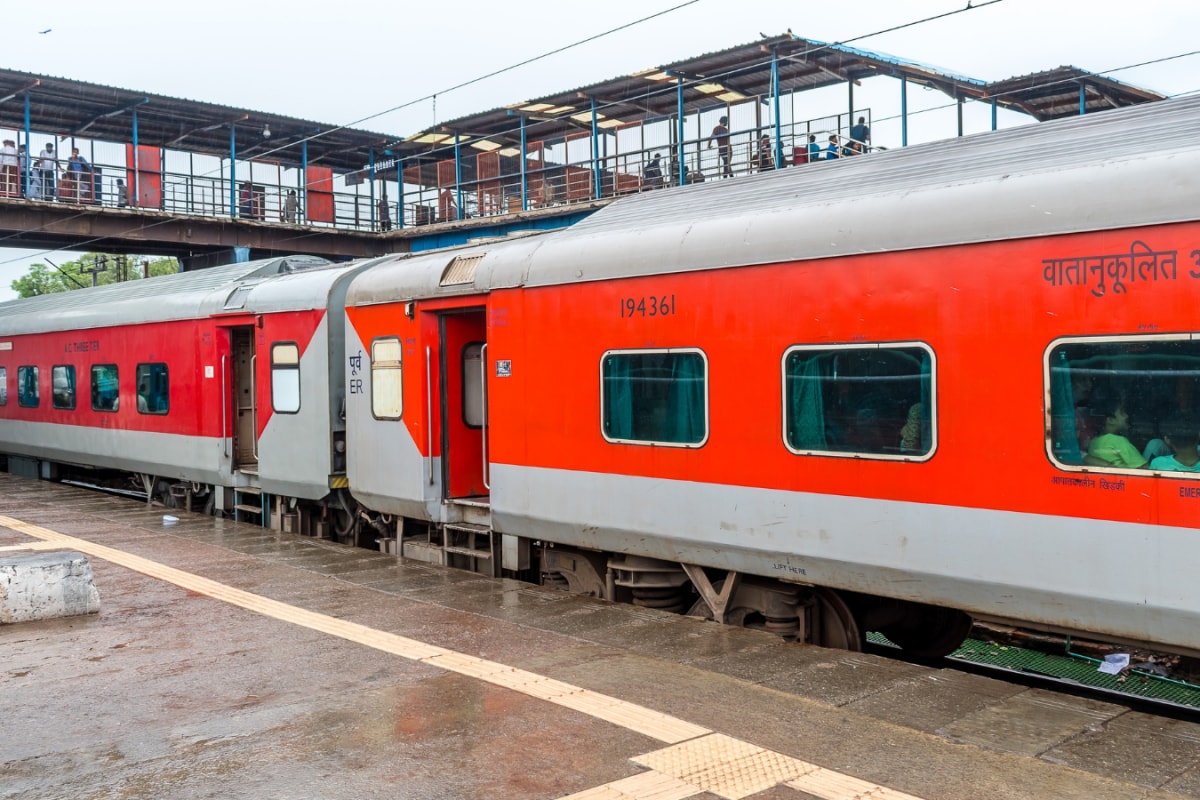

Indian Railways is set to implement a modest increase in fares, effective July 1, 2025. This revision, the first in five years, aims to boost revenue without placing a significant burden on passengers.
When Will the New Prices Take Effect?
The revised fares will be effective from July 1, 2025. Tickets booked prior to this date will not be subject to the increase. The Ministry of Railways has instructed all zonal railways and ticketing partners to implement the changes uniformly from this date.
By How Much Will Fares Increase?
The fare hike varies depending on the class of travel:
Suburban fares and monthly season tickets will remain unchanged. There will be no increase in fare for suburban tickets, monthly passes and second-class travel for up to 500 km.
Impact on Passengers
The impact of the fare revision is expected to be minimal for the general public. For example, a 700 km journey in general second class will see an increase of only Re 1. While AC travel from Delhi to Mumbai or Kolkata could become costlier by Rs 25-Rs 30. The fare hike is unlikely to significantly impact the budgets of passengers who travel daily for work using suburban trains or monthly passes.
Rationale Behind the Fare Hike
The fare revision aligns with the railway ministry's budget estimates for the fiscal year 2025-26, which targets passenger fare revenue of Rs 92,800 crore, up from Rs 80,000 crore in the previous year. The Indian Railways has been operating with a significant gap between cost and recovery in passenger services, affecting its operating ratio. The continued losses in the passenger segment have been a concern, and this marginal increase is a step towards optimizing revenue.
Other Changes to the Railway System
In addition to the fare hike, Indian Railways is implementing several other key changes from July 1, 2025:
Overall Impact
With these changes, the Railway Ministry aims to streamline bookings, ensure more equitable access to high-demand tickets, and prepare for the transition to a more robust, digital-first reservation ecosystem. While the marginal fare increase may not be sufficient to cover the rise in input costs, it is expected to improve passenger operations and contribute to the overall financial health of Indian Railways.